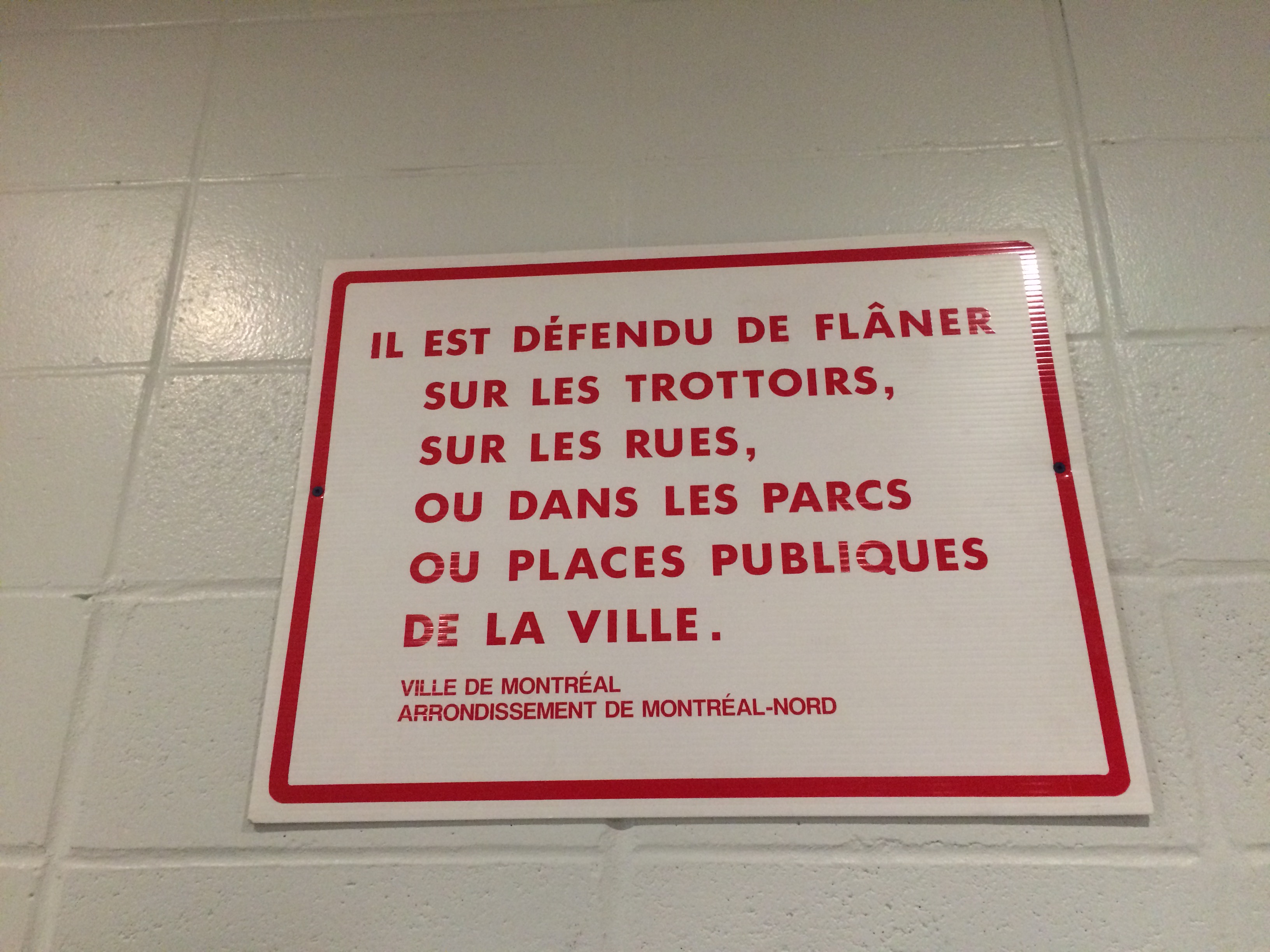

During the historic 1980 referendum campaign, the Canadian prime minister, Pierre Elliott Trudeau, declared that the rest of Canada would never agree to political independence with the continued benefit of economic association for Quebec. The Lévesque government prepared for the referendum by trying to assure American investors that a politically independent Quebec would remain a friendly ally of the United States and by seeking to assure Quebec citizens that sovereignty and association would be achieved simultaneously, thereby minimizing the socio-economic risks. The PQ's most significant legislative measure was Bill 101, the Charter of the French Language, which confirmed French as the only official language of the province and set out tough provisions to make French the language of work for all Quebeçois. When Lévesque and the party agreed to postpone the constitutional question for a referendum, the PQ achieved power in November 1976. After the party's defeat in 1966 he left and created the Mouvement souveraineté-association (MSA) in November 1967 which became the Parti Québéçois (PQ) in October 1968.Īs president of the PQ from its formation into the 1980s René Lévesque pursued the party's central goal of achieving a new constitutional arrangement with the rest of Canada that is, political independence with continued economic association. His views were considered far too radical for the majority in the Liberal Party. When negotiations with Ottawa encountered serious opposition after 1965, he started promoting the concept of associate-state status for He advocated, as a minimum, "special status" for Quebec which entailed much greater taxing powers, exclusive control over all health and social welfare programs, and significant powers for Quebec in international affairs. He was the government's most vociferous critic of the existing Canadian constitution.

Lévesque became one of the strongest proponents of a powerful, neo-nationalist Quebec state, both politically and economically. This development allowed Hydro-Québec, which employs thousands of highly skilled French-speaking Quebeçois, to become North America's largest and most successful producer and distributor of electricity. As minister of natural resources from March 1961 to January 1966 he was responsible for the campaign which brought about the nationalization of Quebec's private hydro-electric companies by 1964. He quickly became one of the leading forces in Quebec's "Quiet Revolution" once the party defeated the longstanding Union Nationale Party in June 1960. When that goal was accomplished he left Radio-Canada a committed neo-nationalist in search of a new career and a new country.Īttracted by the neo-nationalist platform of the Quebec Liberal Party of Jean Lesage, Lévesque accepted an invitation to join the party. During 1959 he led a bitter campaign for the creation of a union for Radio-Canada's producers.


Between 19 he produced and served as animator for a television news program entitled Point de mire (Target). After serving as correspondent in Korea in 1951-1952, he created Radio-Canada's news service system and co-produced the program Carrefour (Crossroads). Between 19 he worked for the French-language section of the International Service of the Canadian Broadcasting Corporation. He pursued a career in radio journalism and acted as a liaison agent and war correspondent for the U. In the fall of 1941 he began studies in law at Laval University, which he did not complete. Upon completing his primary education in New Carlisle, he pursued his classical education at the Jesuit Collège de Gaspé and the Collège Saint-Charles-Garnier in Quebec City. René Lévesque was born in New Carlisle, in the Gaspé region of Quebec, on August 24, 1922, the son of Dominique Lévesque, a lawyer, and of Diane Dionne-Pineault.


 0 kommentar(er)
0 kommentar(er)
